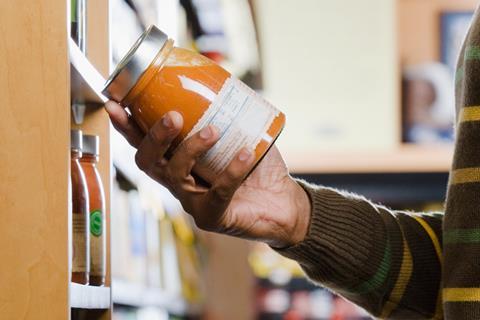
The idea that junk food should be treated like tobacco seems pretty far-fetched. How can a pasta sauce, no matter how loaded with salt, be compared to a product that apparently kills one in two of its users? Or a sugary soft drink picked up at a supermarket treated akin to the number one cause of preventable death globally?
As we’ve outlined in our white paper published this week, there are clear parallels between the way tobacco was treated in the run-up to the introduction of plain packaging in 2016, and the current regulatory approach to HFSS products.
Rising obesity rates have become such a concern that deeply interventionist measures are becoming the de facto solution for policy-makers. In the UK, we’ve seen that through the introduction of the soft drinks levy in 2018, the recommendations of Henry Dimbleby’s National Food Strategy in 2021, and more recently the decision to ban promotions and most advertising of products that fall within the HFSS criteria from 2022/23.
These decisions spell trouble for the food and drink industry, as once again accountability for the obesity epidemic is placed on the shoulders of brands, rather than individuals. In doing so, the fmcg sector will bear the brunt of the financial impact, estimated by some to exceed £1bn, with brand loyalty and awareness simultaneously eroded.
Brands are understandably reluctant to wade into a public health debate, but to protect value they need to draw the line somewhere. Pioneering countries like Chile and Mexico have already embraced tobacco-style controls in their attempt to fight the obesity epidemic. There are growing calls for us to follow a similar path here in Britain.
On top of clear, unequivocal commitments to reducing the amount of salt, sugar and fat in product portfolios, and reformulating where viable, brands need to create public relevance.
As our exclusive polling shows, the majority of Brits do not support tobacco-style controls on HFSS products. From brand character bans all the way through to plain packaging, only 18% of people backed all the restrictions in our survey of 2,000 people. A total of 45% of people disagree that HFSS products should carry mandatory health warnings, compared with 34% who agree. Similarly, 45% are opposed to draconian branding restrictions on HFSS foods, with 29% in support of the move.
That means we’re approaching the boundary of public tolerance on this issue. And, as we so often discover, the people will not follow the government line if it strays too far from acceptable norms.
We’ll soon know for sure whether the Milkybar Kid faces the same fate as the Marlboro Man, but in the meantime, brands need to mobilise the public and create a sense of jeopardy for politicians.
After all, if the people care, so will the decision-maker. And on few topics is that more true than when it comes to the food we eat.



















No comments yet